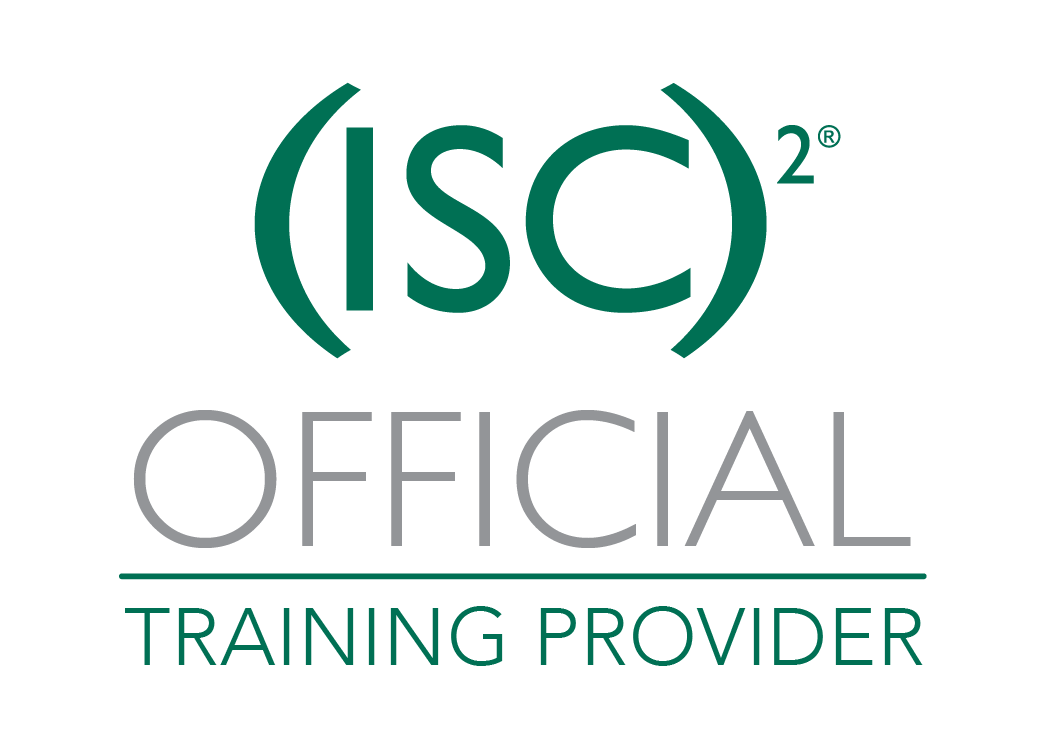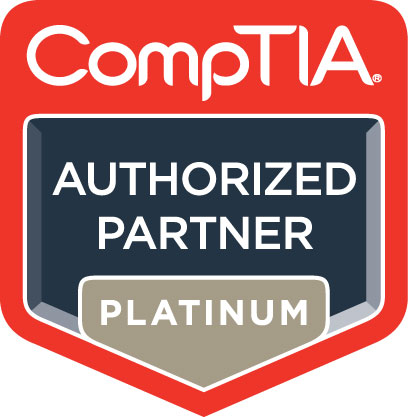Course Outline

Certified information Systems Security Professional (CISSP) Bootcamp
 CISP-1000 | Day | 5 Days
CISP-1000 | Day | 5 DaysOfficial CISSP training draws from a comprehensive, up-to-date, global common body of knowledge that ensures you have a deep knowledge and understanding of new threats, technologies, regulations, standards, and practices. CISSP training covers the 8 domains you\'ll be tested on in the exam.
This course will expand upon your knowledge by addressing the essential elements of the eight domains that comprise a Common Body of Knowledge (CBK) for information systems security professionals. The course offers a job-related approach to the security process, while providing a framework to prepare for CISSP certification.
Certified Information Systems Security Professional (CISSP) is the premier certification for today\'s information systems security professional. It remains the premier certification because the sponsoring organization, the International Information Systems Security Certification Consortium, Inc. (ISC)2®, regularly updates the test by using subject matter experts (SMEs) to make sure the material and the questions are relevant in today\'s security environment. By defining eight security domains that comprise a CBK, industry standards for the information systems security professional have been established. The skills and knowledge you gain in this course will help you master the eight CISSP domains and ensure your credibility and success within the information systems security field.
To learn more about the course objectives and opportunities in the industry for CISSP certified professionals, view our CISSP Certification Info Session.
Upcoming Dates:
- Aug 19, 2024 - Aug 23, 2024
- Sep 23, 2024 - Sep 27, 2024
- Oct 21, 2024 - Oct 25, 2024
- Nov 11, 2024 - Nov 15, 2024
- Dec 09, 2024 - Dec 13, 2024

Who should take this course
This course is intended for experienced IT security-related practitioners, auditors, consultants, investigators, orinstructors, including network or security analysts and engineers, network administrators, information securityspecialists, and risk management professionals, who are pursuing CISSP training and certification to acquire thecredibility and mobility to advance within their current computer security careers or to migrate to a relatedcareer.
Through the study of all eight CISSP Common Body of Knowledge (CBK) domains, students will validate theirknowledge by meeting the necessary preparation requirements to qualify to sit for the CISSP certificationexam.
Course Objectives
In this course, you will identify and reinforce the major security subjects from the eight domains of the CISSP CBK.
You will:
- Analyze components of the Security and Risk Management domain.
- Analyze components of the Asset Security domain.
- Analyze components of the Security Engineering domain.
- Analyze components of the Communications and Network Security domain.
- Analyze components of the Identity and Access Management domain.
- Analyze components of the Security Assessment and Testing domain.
- Analyze components of the Security Operations domain.
- Analyze components of the Software Development Security domain.
Course Outline
Lesson 1: Security and Risk Management
Topic A: Security Governance Principles
Topic B: Compliance
Topic C: Professional Ethics
Topic D: Security Documentation
Topic E: Risk Management
Topic F: Threat Modeling
Topic G: Business Continuity Plan Fundamentals
Topic H: Acquisition Strategy and Practice
Topic I: Personnel Security Policies
Topic J: Security Awareness and Training
Lesson 2: Asset Security
Topic A: Asset Classification
Topic B: Privacy Protection
Topic C: Asset Retention
Topic D: Data Security Controls
Topic E: Secure Data Handling
Lesson 3: Security Engineering
Topic A: Security in the Engineering Lifecycle
Topic B: System Component Security
Topic C: Security Models
Topic D: Controls and Countermeasures in Enterprise Security
Topic E: Information System Security Capabilities
Topic F: Design and Architecture Vulnerability Mitigation
Topic G: Vulnerability Mitigation in Embedded, Mobile, and Web-Based Systems
Topic H: Cryptography Concepts
Topic I: Cryptography Techniques
Topic J: Site and Facility Design for Physical Security
Topic K: Physical Security Implementation in Sites and Facilities
Lesson 4: Communications and Network Security
Topic A: Network Protocol Security
Topic B: Network Components Security
Topic C: Communication Channel Security
Topic D: Network Attack Mitigation
Lesson 5: Identity and Access Management
Topic A: Physical and Logical Access Control
Topic B: Identification, Authentication, and Authorization
Topic C: Identity as a Service
Topic D: Authorization Mechanisms
Topic E: Access Control Attack Mitigation
Lesson 6: Security Assessment and Testing
Topic A: System Security Control Testing
Topic B: Software Security Control Testing
Topic C: Security Process Data Collection
Topic D: Audits
Lesson 7: Security Operations
Topic A: Security Operations Concepts
Topic B: Physical Security
Topic C: Personnel Security
Topic D: Logging and Monitoring
Topic E: Preventative Measures
Topic F: Resource Provisioning and Protection
Topic G: Patch and Vulnerability Management
Topic H: Change Management
Topic I: Incident Response
Topic J: Investigations
Topic K: Disaster Recovery Planning
Topic L: Disaster Recovery Strategies
Topic M: Disaster Recovery Implementation
Lesson 8: Software Development Security
Topic A: Security Principles in the System Lifecycle
Topic B: Security Principles in the Software Development Lifecycle
Topic C: Database Security in Software Development
Topic D: Security Controls in the Development Environment
Topic E: Software Security Effectiveness Assessment






















